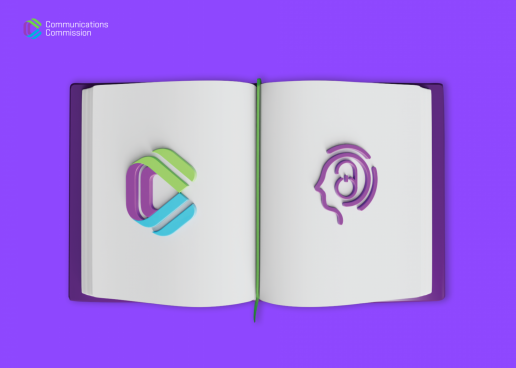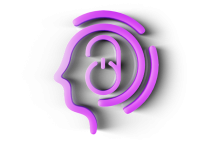ComCom Trains Over 2000 Pupils and 500 Students in Media Literacy in 2022, while the Media Literacy Website Records 40,000 Visitors

The 2022 activity report of the Communications Commission reiterates that the goal of ComCom is to raise the level of media literacy among the population. To this end, the Commission has implemented various projects in accordance with best European practices for more than five years.
During the 2022 Media and Information Literacy Week, the Commission held educational activities for school pupils, teachers, parents and university students in Tbilisi and the regions. Representatives of the Ministry of Education and Science of Georgia, UN and EU missions in Georgia, UNICEF and the regulatory body of United Kingdom took part in the events. The activities organised by the Communications Commission during the Media Literacy Week were highlighted at the meeting of the European Platform of Regulatory Authorities (EPRA) as exemplary awareness-raising measures.
The report discusses the new EC-approved media literacy project “Media Key,” launched by the Commission in 2022. It helps teenagers analyse film content and develop critical thinking skills. Last year, the platform hosted materials about 100 different films. The materials were devised by professional psychologists and film scholars. The platform already has more than 40,000 users. The project also included a film screening that was attended by more than 100 teenagers.
Due to high demand, the Communications Commission, with the support of the EU Mission in Georgia, continued implementing the media literacy project “The Challenge of Disinformation: Developing Critical Thinking in Schools,” which aims to raise awareness about the negative impact of disinformation. To this end, guest experts developed a special educational module, which was used by the Commission to train more than 900 teachers in identifying disinformation, verifying sources and developing critical thinking. In future, these teachers will share their newly acquired knowledge with their pupils.
Last year, the Communications Commission, in partnership with the Ministry of Education and Science of Georgia and UNICEF, and with the financial support of the US Agency for International Development, launched the project “Integrating Media Literacy into Formal Education,“ which adds media literacy to the curriculum of X graders as an optional subject. As part of the project, the Commission devised an appropriate textbook and teaching module that were used to train around 600 teachers in 2023.
In 2022, the Media Academy of the Communications Commission held the eighth edition of the media literacy contest “Truth or Fiction?” that aims to develop critical thinking, analysis, and fact-checking skills among teenagers. Contestants were tasked with discovering fake news disseminated in the media and presenting their discovery methods in the form of their choice. A competent jury panel identified the best works, whose authors were awarded ultra-modern prizes by the Commission. In parallel with the competition, the Communications Commission conducted training seminars for more than 400 pupils and 500 students.
Another media literacy project implemented by ComCom in 2022 is “Media Economics,” which has been recognised by the EU and aims to raise awareness about social media economics in teenagers. The Communications Commission, together with the project author Alessandra Falcon, developed a curriculum adapted to Georgian schools and trained around 850 students. The project has been recognised by the Evas Foundation as a unique approach to the study of media economics and media threats.
To protect teenagers from the harmful effects of the internet, ComCom trained over 1200 students across Georgia with the help of the “Happy Onlife” project in 2022.“Happy Onlife” is an EU-recognised application that uses games to teach children to safely navigate internet and critically analyse online content. The Communications Commission has created a Georgian version of the application, which is free and already has more than 15,000 users.
Last year, the Commission printed 5000 additional copies of “Hello Ruby” and distributed them to 40 public schools free of charge. Teachers from these schools were trained in teaching using the same books. “Hello Ruby” has been recognised in 25 countries. It is a successful Finnish book series that teaches students the basics of programming and computer science. The Commission has obtained exclusive rights from the author Linda Liukas to translate and publish the books.
It is highly important for the Communications Commission to involve more and more stakeholders in the process of developing media literacy in the country. That is the purpose served by the online media literacy platform www.mediatsigniereba.ge, which provides the public with access to the projects implemented in this field. In 2022, the platform was joined by four new members – the Kutaisi International University, the NGOs “Parents for Education” and “Centre for Development and Democracy,” and the Georgian National Cinematography Centre. The platform also added 30 new articles and had 40,000 visitors last year.










